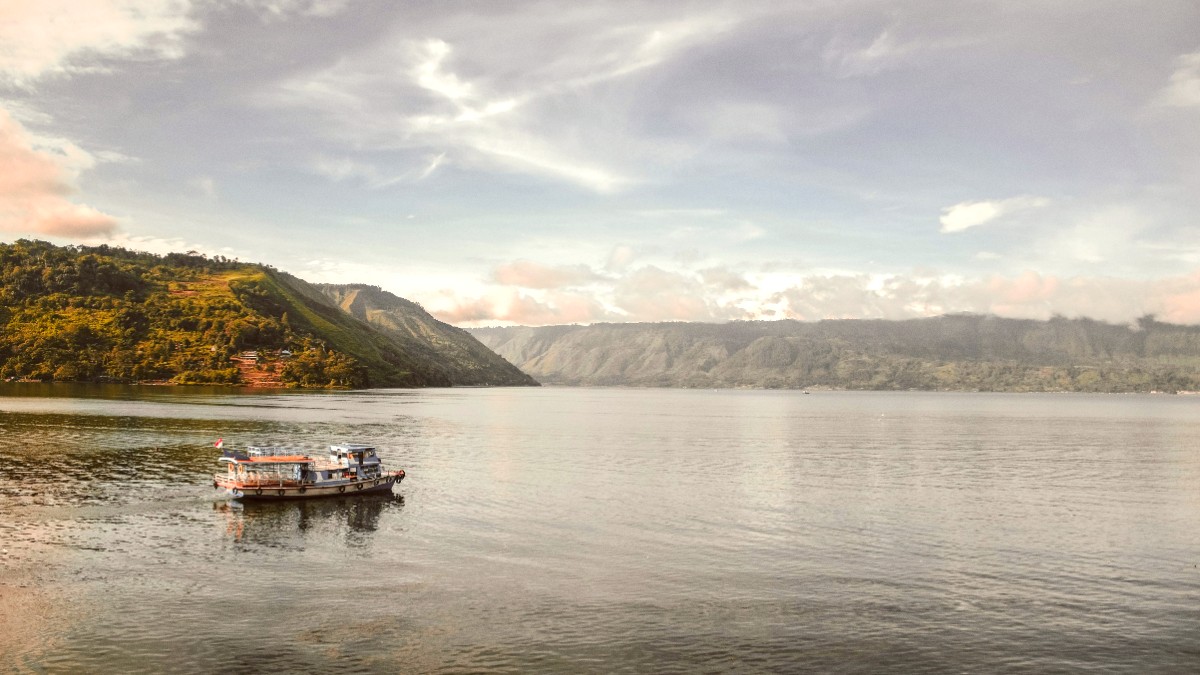
Sumatra, Indonesia
Minimize your environmental footprint to protect Lake Toba's unique ecosystem. The lake and caldera are an UNESCO Global Geopark.
Waste management remains a challenge. Recycling infrastructure is limited. Minimize single-use plastics. Bring a Reusable water bottle and Shopping bag. Dispose of rubbish responsibly.
Lake Toba is vast, but freshwater on Samosir Island is important. Be mindful of water usage in accommodations. Take shorter showers and report leaks.
Choose accommodations and operators that support sustainability.
Look for guesthouses or hotels that show environmental responsibility. These may practice responsible waste disposal, energy/water conservation, or use solar power.
Carbon offset options are not directly available for domestic travel within Indonesia. You can offset international flights through various online programs.
Interacting respectfully with the local culture enriches your experience and builds positive relationships.
The Batak Museum in Simanindo and local communities work to preserve traditional arts, music, dance, and customs.
Support locally owned guesthouses, restaurants, and small businesses for direct local economic benefit.
Buy handicrafts directly from artisans or from shops that confirm fair wages and ethical production.
When interacting with local people, a genuine smile and a few words in Bahasa Indonesia contribute to positive connections.
Support local livelihoods and ensure tourism benefits the community.
Prioritize local warungs (small eateries), family-run guesthouses, and independent local guides or drivers.
If you wish to make a charitable contribution, research and donate to reputable local charities, schools, or community development projects.
Certain activities may have negative cultural or environmental effects. Make informed choices.
Avoid activities that exploit animals, like captive wildlife shows or rides that appear to mistreat animals. Research any animal-related attractions carefully.
Do not participate in activities disrespectful to local culture or traditions. Learn about the culture before engaging in local practices.
Avoid giving money directly to children on the street, as this can worsen underlying issues rather than address them.